


When researching in a library, especially a research library, its catalog is probably the most important tool you will use, and one with which you should familiarize yourself as quickly as possible. Even if you think you have never used the Library Catalog here, you probably have and just do not realize it, since "Easy Search", the Library's federated search engine, sends all queries to the Library Catalog along with several other online research tools.
A library catalog is a database of records that identify and describe resources owned by the library. Most of these records describe published resources like books. Use the catalog to find both print sources and digitized sources in the Library's collections.
Many research libraries today will dress their catalogs up with fancy interfaces, making the catalogs appear to have far greater functionality than they actually do. You will be a much better user of library catalogs if you understand the purpose and functions of library catalogs, which are in fact very basic:
Digitization of library catalogs has made it possible to perform keyword searches on the records in the catalog. Aside from this innovation, and a few other conveniences, the library catalogs of today are essentially identical (in function) to library catalogs created a hundred years ago.
If the Library does not have the book you need, or else the book you need is charged, then you should next search the:
After you have explored the books available to you here at the University of Illinois, and also at other I-Share libraries, you will want to expand your search using:
If you find a book in WorldCat that you would like to use for your research, you can request it through:
It’s true that you can find sources on a topic by doing keyword searches. But if you limit yourself to keyword searching, you are likely to miss important material on your topic that uses other terms. If you only need two or three books, you can probably find what you need by doing keyword searches, but if you are doing historical research, you can’t afford to miss critical material on your topic. For a comprehensive subject search, search with subject headings as well as keywords.
A good way to identify subject headings for a topic is to do a keyword search in the online catalog using terms you think describe the topic and try to identify a few relevant books. Look at the full record for those books to see what subject headings were used, then do another search on those headings.
As a rule of thumb, use fairly broad headings, as well as the specific ones that describe your topic, in order to make sure you haven't inadvertently eliminated relevant material that is contained within works of larger scope. Most likely you will find multiple headings to describe your topic, and you should use all of them. You can narrow your search in the online catalog by combining subject headings (as a phrase) with keywords, using the “Advanced Search” option.
Subject headings can only be browsed in the:
As described in a previous page, you can also use subject headings to find primary sources in the Library Catalog. Use the Library Catalog's advanced search option and include one or more of these Library of Congress Subject Heading form subdivisions in your search:
In order to browse a menu of subject headings in the Library Catalog, you must use an older Catalog interface:
Shelf browsing has long been an important research technique for historians. The books and periodicals in the Library's collection are classified, and that classification number forms part of each book's call number (see Box 1 above). A classification number identifies the main subject of a book or periodical. The principal classification system used by the UIUC Library is Dewey Decimal Classification (DDC), with which you are likely familiar from any research you might have done in your high school library or your local public library. DDC uses numbers to articulate subject connections between books that are not easily linked through subject headings.
For example, books on the different sports will be shelved near each other:
Regardless of what subject headings they were assigned.
TIP: Remember, when searching for primary sources, that a book about baseball published in 1950 would not have been described as a primary source or a historical text when it was first acquired. It will, however, have been shelved with other books on baseball. Shelf browsing is an excellent way of discovering primary sources.
Because so much of the Library's collection has been transferred to offsite storage, shelf-browsing is no longer as productive as it once was (but still worth trying, especially if you've not yet had the experience of using the book stacks at a major research library). You can, however, browse the shelf list in the "Classic Catalog" (see below for link). If you discover a book in the catalog that appears relevant, simply click on its hyperlinked call number, and you will be taken to a virtual shelf list. Remember to browse both forward and backward.
1. International Federation of Library Associations, Statement of Principles: Adopted at the International Conference on Cataloguing Principles, Paris, October 1961, ed. Eva Verona, Definitive ed. (London: International Federation of Library Associations Committee on Cataloguing, 1971), xiii.